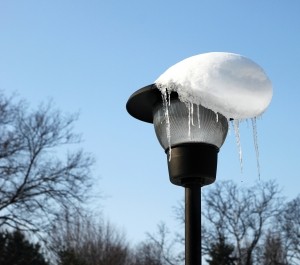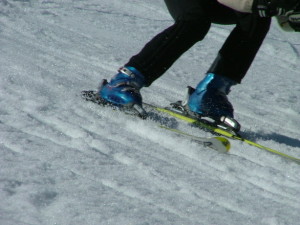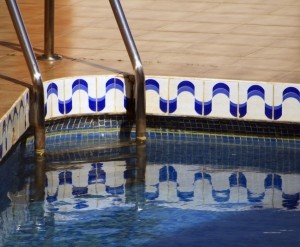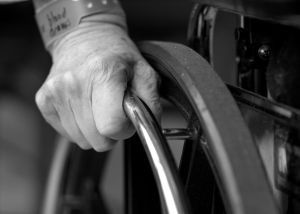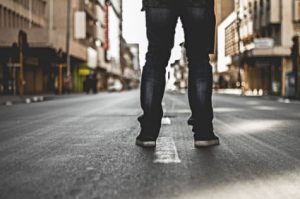The term “slip-and-fall” is used to cover a variety of situations where a plaintiff slips and falls to the ground in a manner that results in personal injury. There are various causes of slip and fall injuries in Boston such as falling on a wet floor in a store or other business, tripping due to an uneven floor surface, or tripping on an object left on the floor just to name a few. These cases are filed under a type of negligence claim in a premises liability lawsuit.
Assumption of Risk Abolished in Massachusetts as a Defense to Negligence
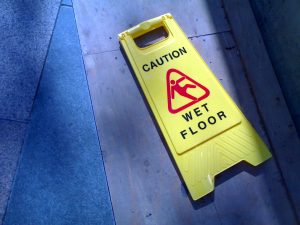 One common defense in many jurisdictions is known as the assumption of risk. This is essentially an argument that plaintiff knew of the risks of whatever activity he or she was engaging in and took the risk of the type of harm that occurred. Continue reading
One common defense in many jurisdictions is known as the assumption of risk. This is essentially an argument that plaintiff knew of the risks of whatever activity he or she was engaging in and took the risk of the type of harm that occurred. Continue reading
 Boston Personal Injury Attorney Blog
Boston Personal Injury Attorney Blog


